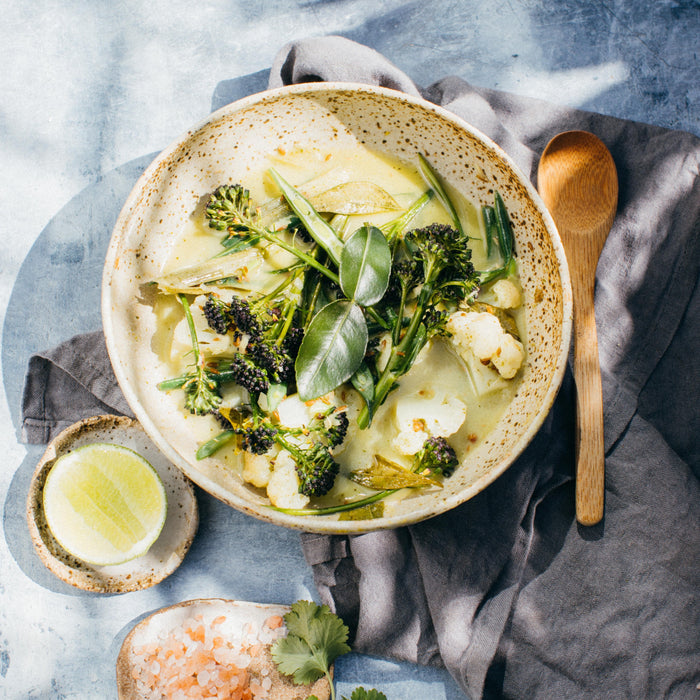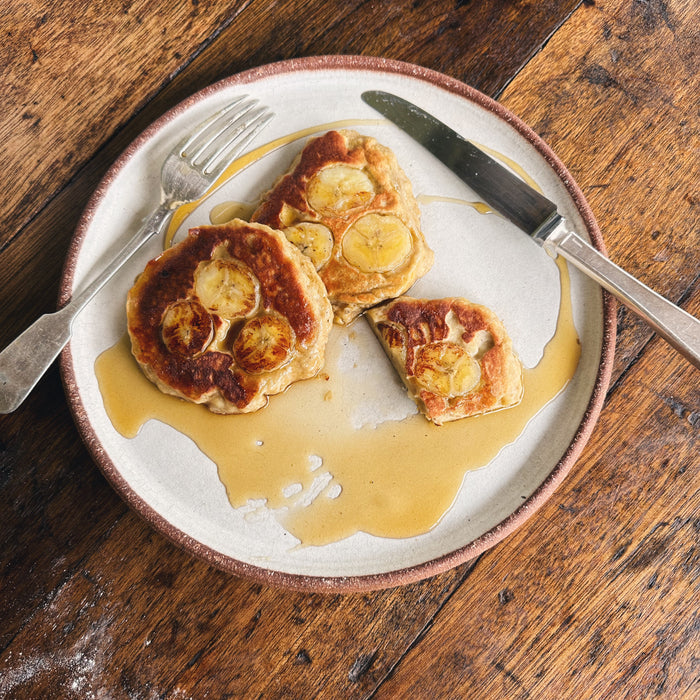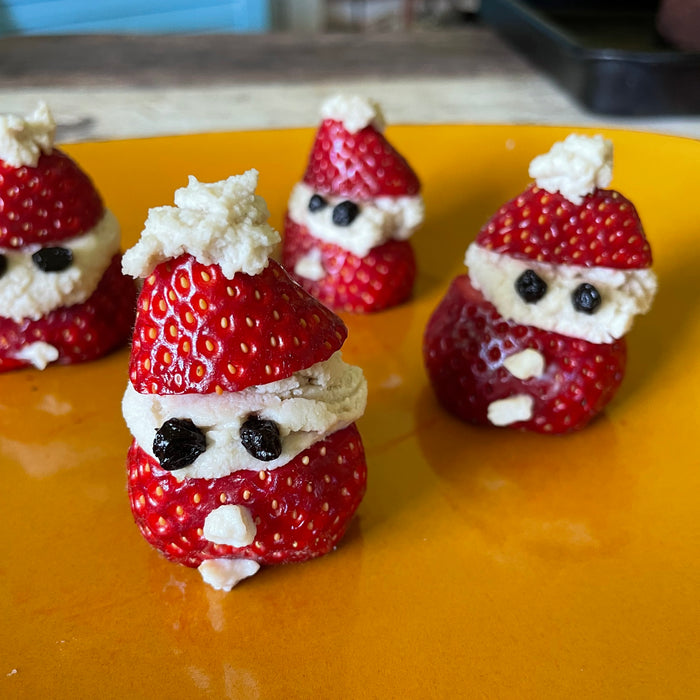Food Packaging Choices & Challenges
Every day there are simple choices we make that often have a wide impact on our environment. One of these choices that can also be a bit tricky at times is the food that we buy, because we don’t usually get to choose the packaging that our food comes in.
The Challenge of Food Packaging
While we may be able to make alternative choices about the type of shopping bags and food storage containers we use at home, quite often the food that we buy in supermarkets and food stores comes in plastic packaging that is difficult to avoid.
Unfortunately, the ability of plastic to keep food products fresh is difficult to match and even though awareness and education is gradually spreading about alternatives to plastic as well as the damaging effects of plastic on our health and the environment, it can sometimes be difficult to find other options.
Our Soft Plastic Recycling System
Fortunately, a majority of recyclable plastic can be re-used at home or go in your recycling bin to be transformed into other products. At Santos Organics, we have also been recycling our soft plastics for some time now and hope to also offer this service to our customers one day when the technology is a bit more developed. We have also been working with a local business called Bolsa Bags who “up-cycle” soft plastics by transforming them into beautiful shopping bags and then sell those bags in our stores.
100% Compostable GM Free Produce Bags
The fruit and vegetable bags in our produce section are also made from a 100% compostable GM-free corn-starch material that can be used to line your kitchen benchtop compost bins or disposed in your green waste bins, home compost or worm farms.
Plastic-Free Containers Now in Use
During Plastic Free July, you may also have noticed in our stores that we replaced the recyclable plastic containers used for our Santos dips and hummus and bulk peanut butter with compostable PLA (polylactic acid) containers. These PLA containers look a little like plastic but they are made from plant-based materials and are 100% compostable and biodegradable within 120 days, provided they are disposed of in a commercial or industrial compost system.
Local Resident Tip
For Byron Shire residents, this means that these containers can go straight into your green waste collection bin. Because they need the right amount of heat and humidity to break down, they do not break down as effectively in home compost or worm farm systems and may take much, much longer to decompose in these environments.
For our customers who live on rural properties or don’t have access to these green waste bins, we have a green bin located at each of our Mullumbimby and Byron stores for your convenience so you can just return them to us for disposal. Having said this, these containers can also be washed and reused several times before disposal, so why not bring them with you to fill with other bulk food items when you are next shopping?
PLA not to go in Recycling Bin
Despite the triangular recycling symbols on the underside of the PLA containers, they cannot be placed in the Byron Shire Council recycling bins. If accidentally placed in the red (landfill) bin, they will not break down but are designed to be “stable” in these systems, meaning they will not release harmful methane gases into the environment, which happens with green waste in landfill. Interestingly, Biopak, the company that designed and manufactured the PLA containers is currently developing a similar PLA product using methane gases produced from landfill.
Our Search Continues
So the exciting news is that technology is developing for alternatives to plastic that are more environmentally friendly and at Santos Organics, we are always searching for sustainable alternatives. We’d love to hear from you if you have any packaging suggestions, ideas or even feedback on how we could also improve our packaging choices.






